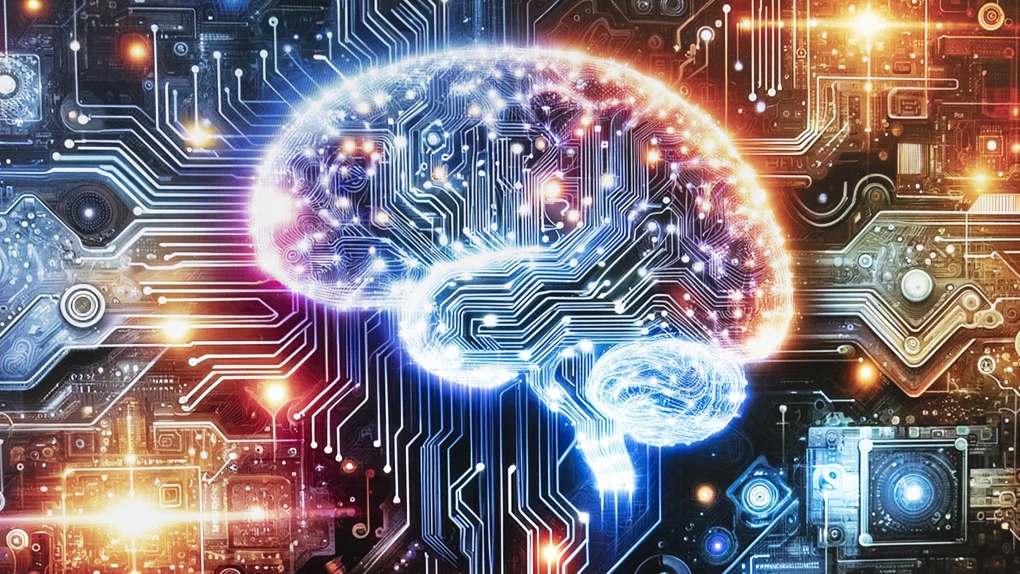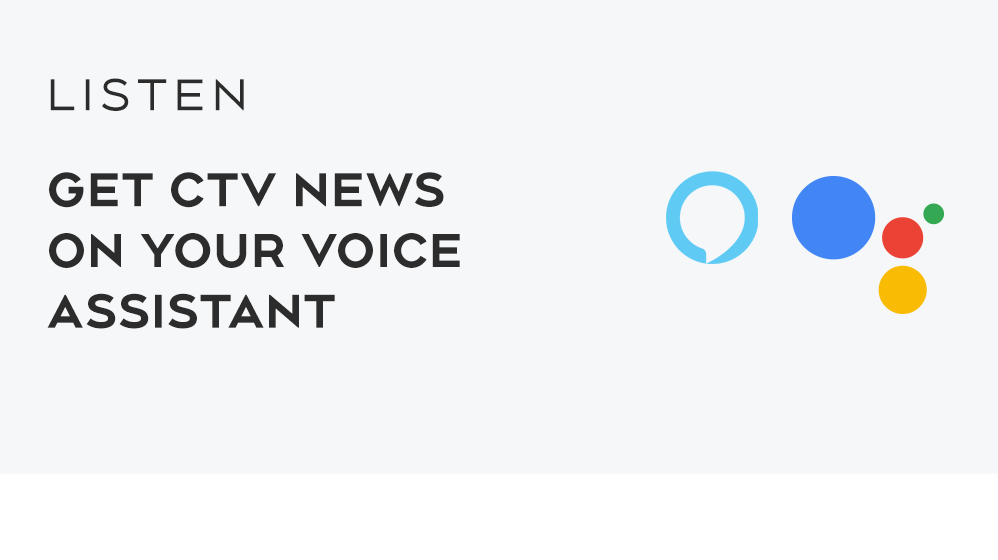AI cannot be patent 'inventor', U.K. Supreme Court rules in landmark case
 An image generated by ChatGPT's Dall-E text-to-image model is seen on a computer monitor, Friday, Dec. 8, 2023, in Boston. (AP Photo/Michael Dwyer)
An image generated by ChatGPT's Dall-E text-to-image model is seen on a computer monitor, Friday, Dec. 8, 2023, in Boston. (AP Photo/Michael Dwyer)
A U.S. computer scientist on Wednesday lost his bid to register patents over inventions created by his artificial intelligence system in a landmark case in Britain about whether AI can own patent rights.
Stephen Thaler wanted to be granted two patents in the U.K. for inventions he says were devised by his "creativity machine" called DABUS.
His attempt to register the patents was refused by Britain's Intellectual Property Office on the grounds that the inventor must be a human or a company, rather than a machine.
Thaler appealed to the U.K.'s Supreme Court, which on Wednesday unanimously rejected his appeal as under U.K. patent law "an inventor must be a natural person."
"This appeal is not concerned with the broader question whether technical advances generated by machines acting autonomously and powered by AI should be patentable," Judge David Kitchin said in the court's written ruling.
"Nor is it concerned with the question whether the meaning of the term 'inventor' ought to be expanded ... to include machines powered by AI which generate new and non-obvious products and processes which may be thought to offer benefits over products and processes which are already known."
Thaler's lawyers said in a statement that "the judgment establishes that U.K. patent law is currently wholly unsuitable for protecting inventions generated autonomously by AI machines."
Thaler earlier this year lost a similar bid in the United States, where the Supreme Court declined to hear a challenge to the U.S. Patent and Trademark Office's refusal to issue patents for inventions created by his AI system.
Giles Parsons, a partner at law firm Browne Jacobson, who was not involved in the case, said the U.K. Supreme Court's ruling was unsurprising.
"This decision will not, at the moment, have a significant effect on the patent system," he said. "That's because, for the time being, AI is a tool, not an agent.
"I do expect that will change in the medium term, but we can deal with that problem as it arises."
(Reporting by Sam Tobin; editing by Kylie MacLellan and Jason Neely)
RISKIN REPORTS
CTVNews.ca Top Stories

BREAKING Czechia scores late to eliminate Canada from world juniors
Jakub Stancl scored his second goal of the game with 11.7 seconds left in third period as Czechia survived a blown 2-0 lead to defeat Canada 3-2 and advance to the semifinals at the world junior hockey championship on Tuesday.
Canadian couple lives on cruise ships — with no plans to return to land
With 75 countries and territories visited, a retired Canadian couple is making the most of life as they cruise full-time, from coast to coast. They're part of a growing trend of people opting to retire at sea.
Planes catch fire after a collision at Japan's Haneda airport, killing 5. Hundreds evacuated safely
A passenger plane and a Japanese coast guard aircraft collided on the runway at Tokyo's Haneda Airport on Tuesday and burst into flames. Transport Minister Tetsuo Saito confirmed that all 379 occupants of Japan Airlines flight JAL-516 got out safely before the plane was entirely engulfed in flames.
Blast shakes Beirut's southern suburbs as tensions rise along the border with Israel
An explosion shook the Lebanese capital's southern suburbs Tuesday evening causing chaos in the militant Hezbollah group's stronghold, but the nature of the blast was not immediately known.
A missing person with no memory: How investigators solved the cold case of Seven Doe
Police specializing in missing people and cold cases have discovered the identity of a woman with no memory in one of the most unusual investigations the sheriff's office has pursued and one that could change state law.
Weight-loss drugs: Who, and what, are they good for?
Extraordinary demand, and high prices, for powerful weight-loss drugs will keep them out of reach in the coming year for many patients who are likely to benefit.
Woman who fell out of Edmonton city bus dies
A woman who fell out of an Edmonton city bus Friday has died, police said in a media release issued Monday.
Canada's 100 highest-paid CEOs broke new compensation records in 2022: report
Canada's 100 highest-paid CEOs broke records with their compensation in 2022, according to the Canadian Centre for Policy Alternatives.
Russian missiles hit Ukrainian cities, killing 5 and injuring almost 100, Kyiv officials say
Ukraine's two largest cities came under attack from Russian hypersonic ballistic missiles on Tuesday morning, killing at least four people and injuring almost 100, officials said.






























